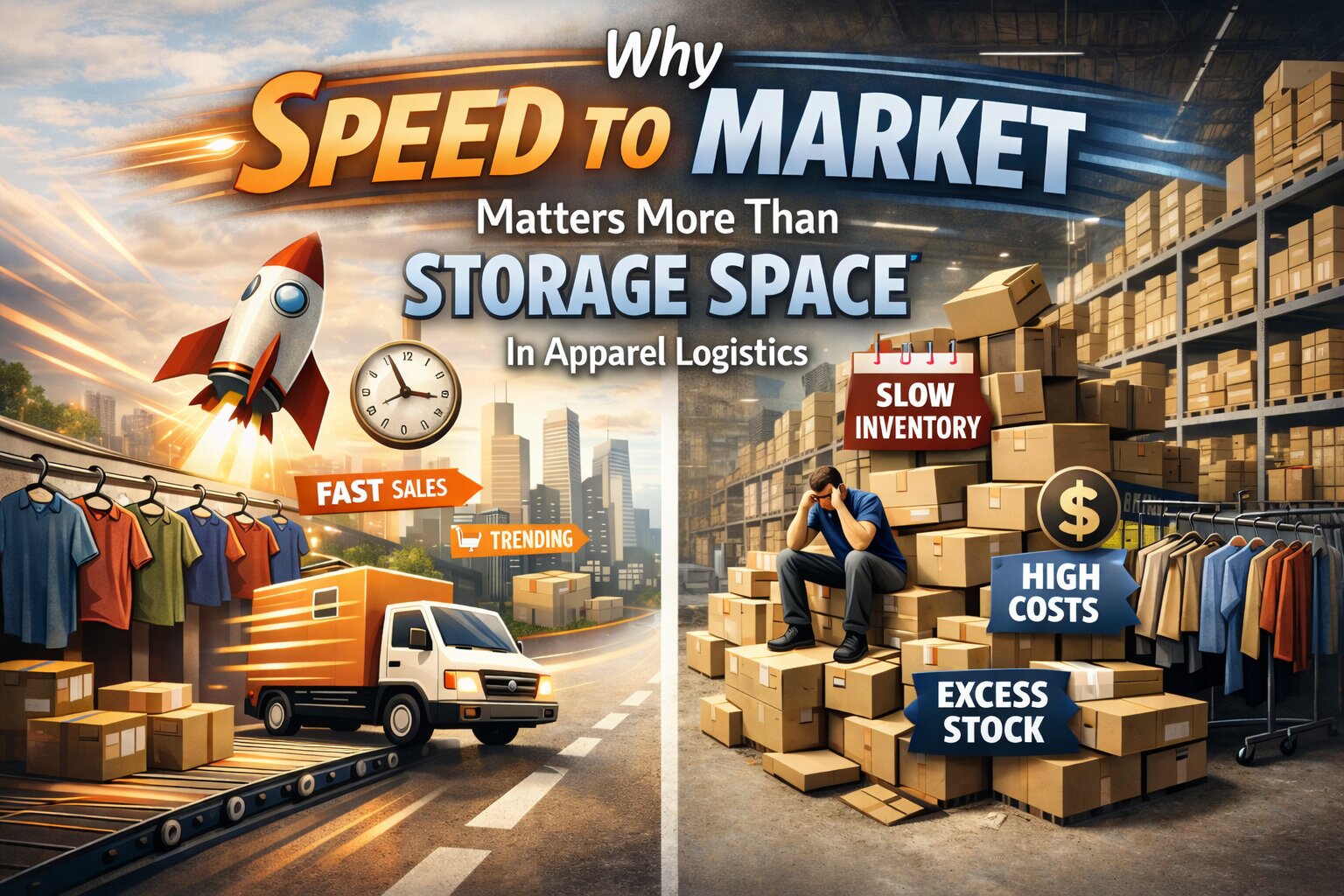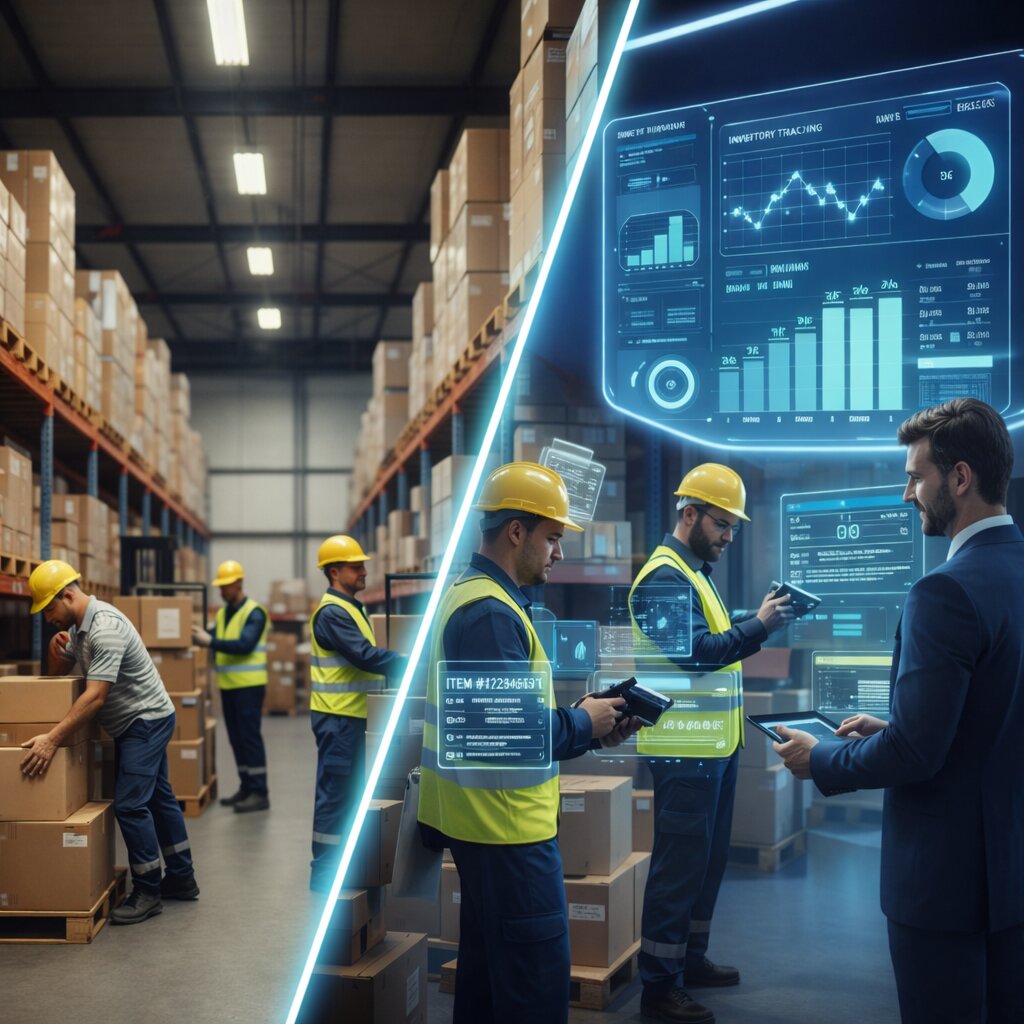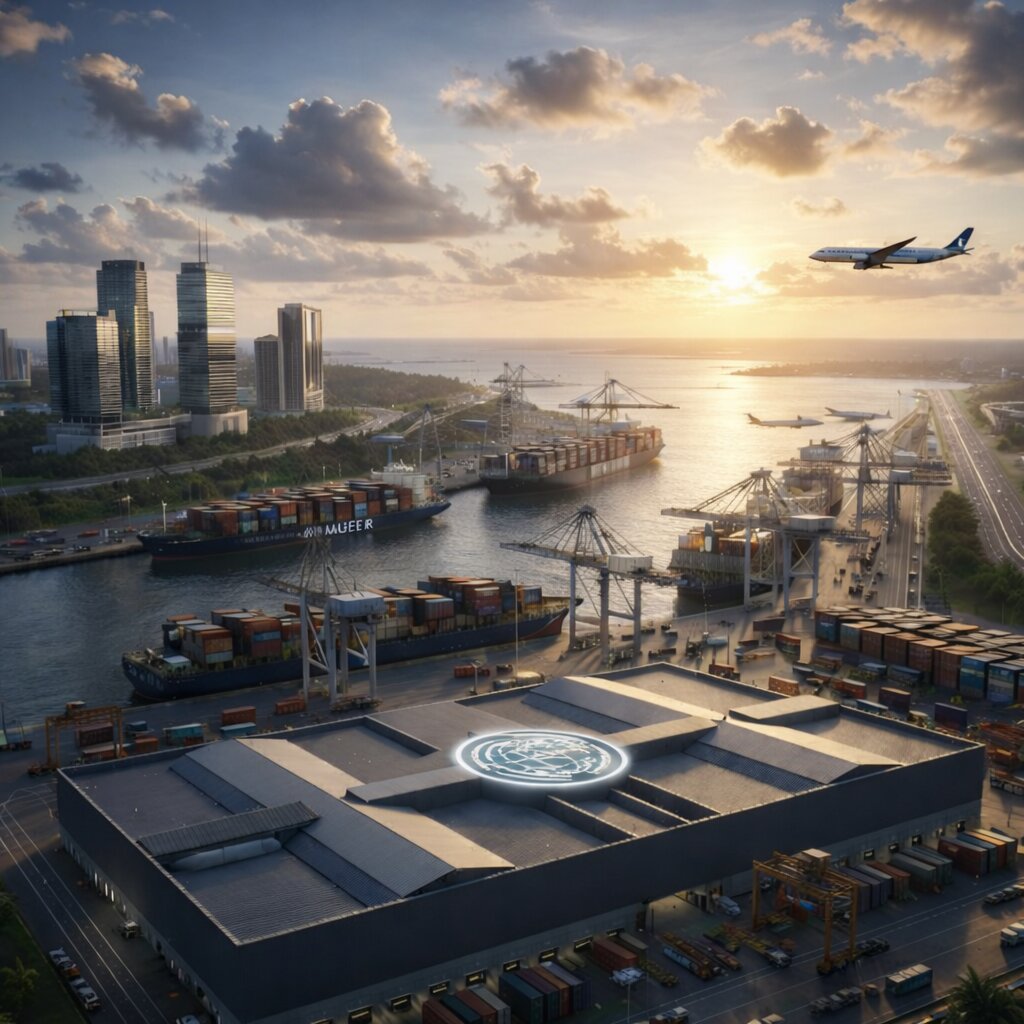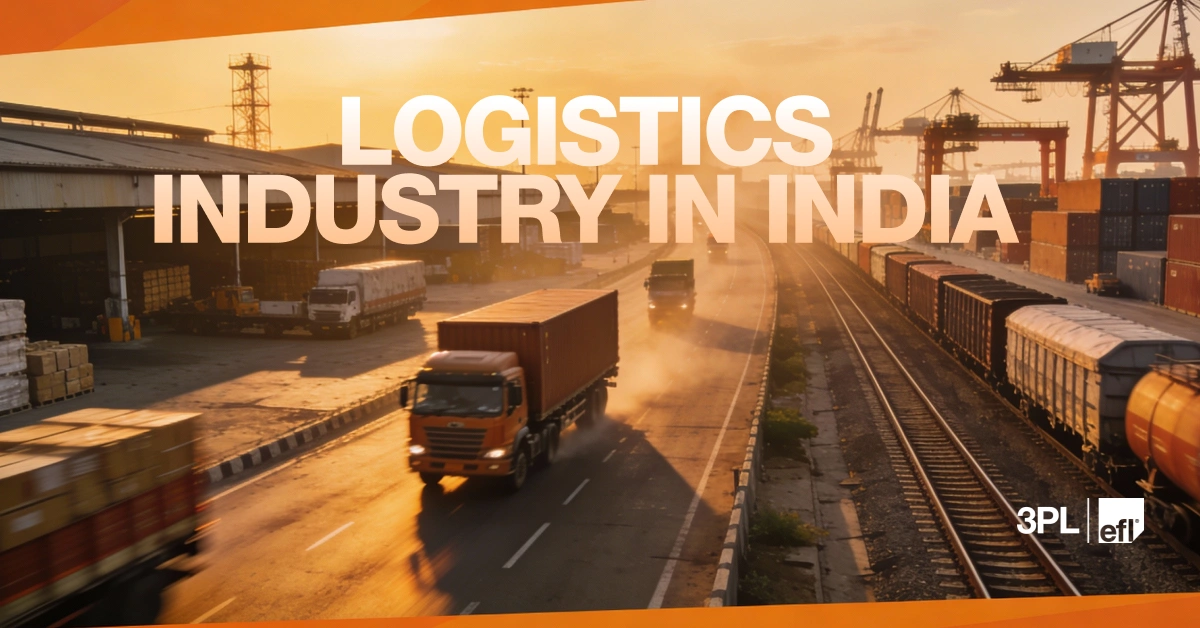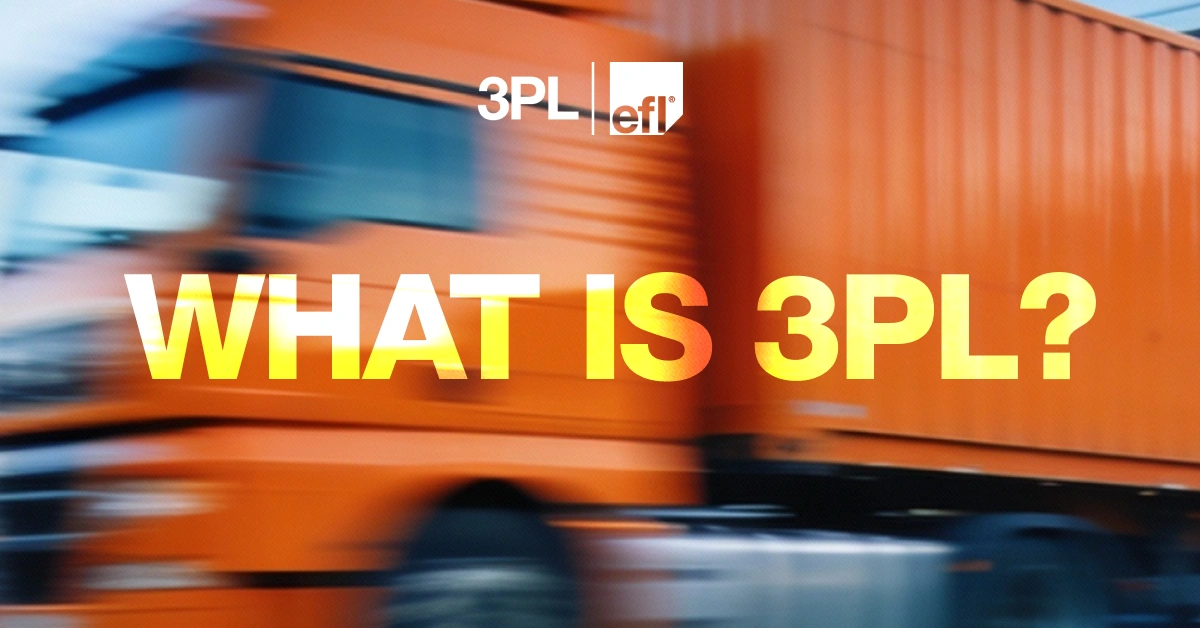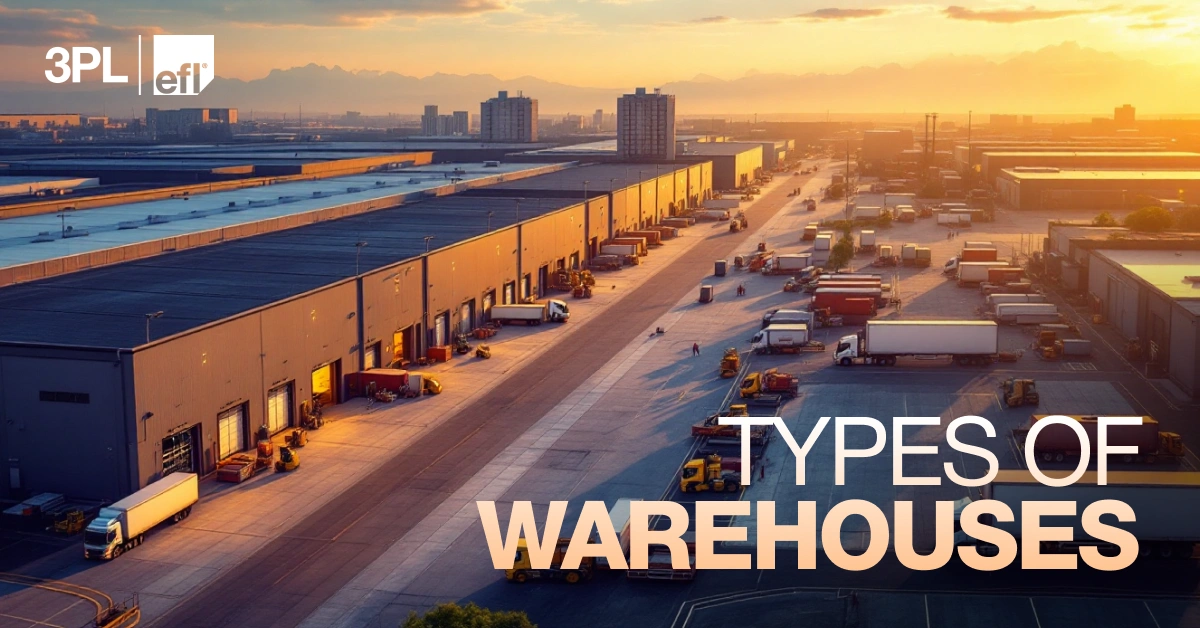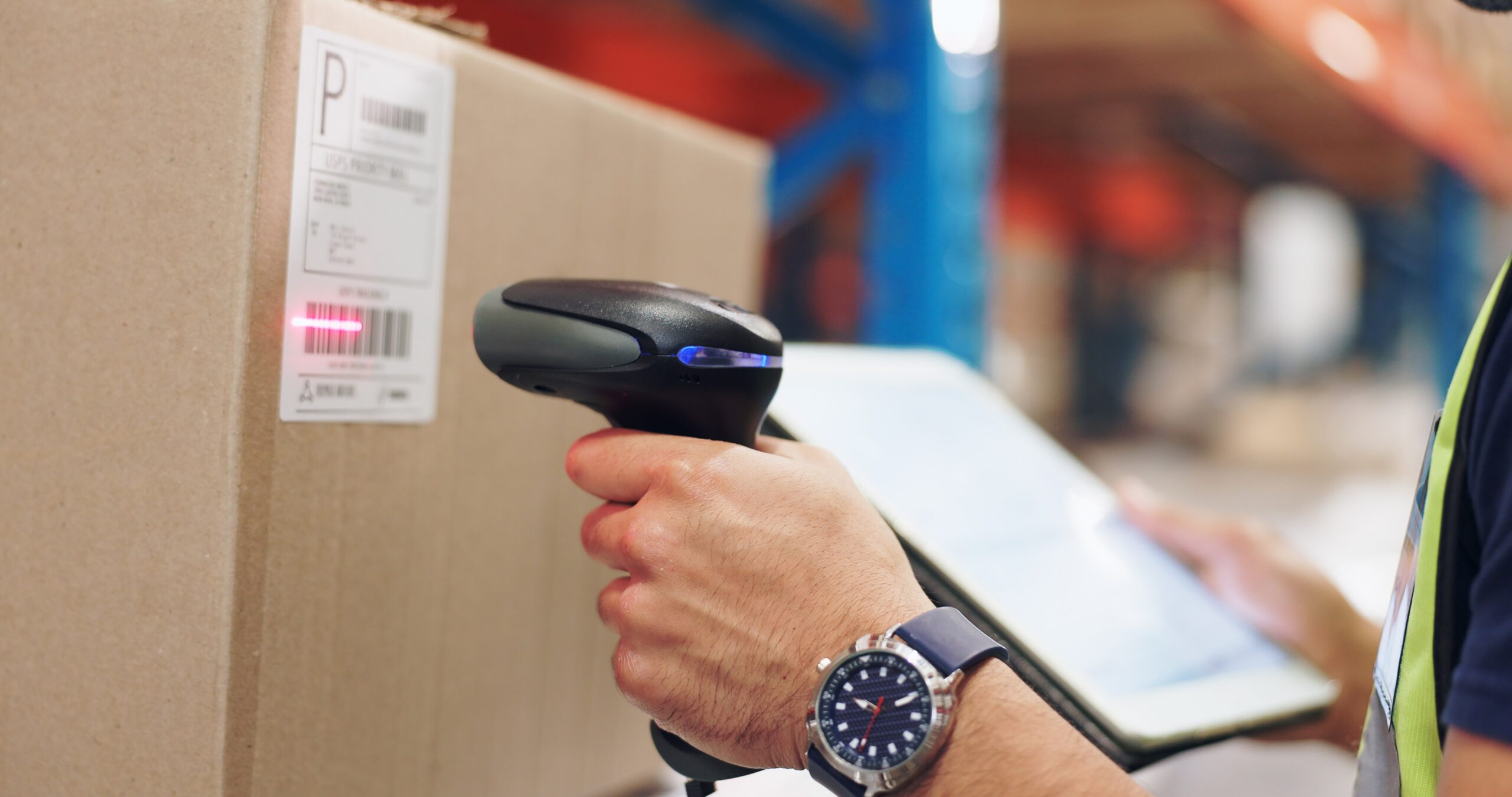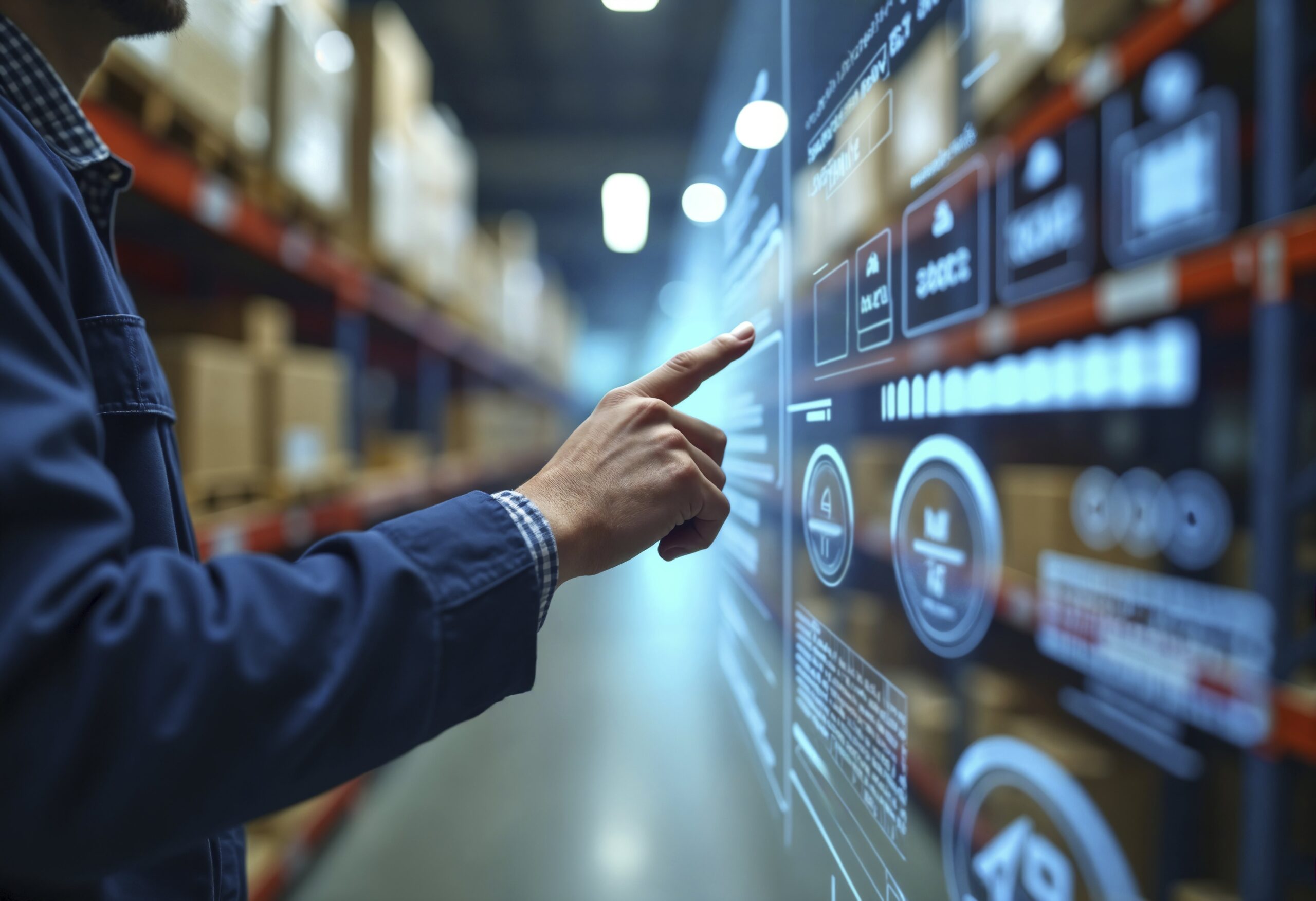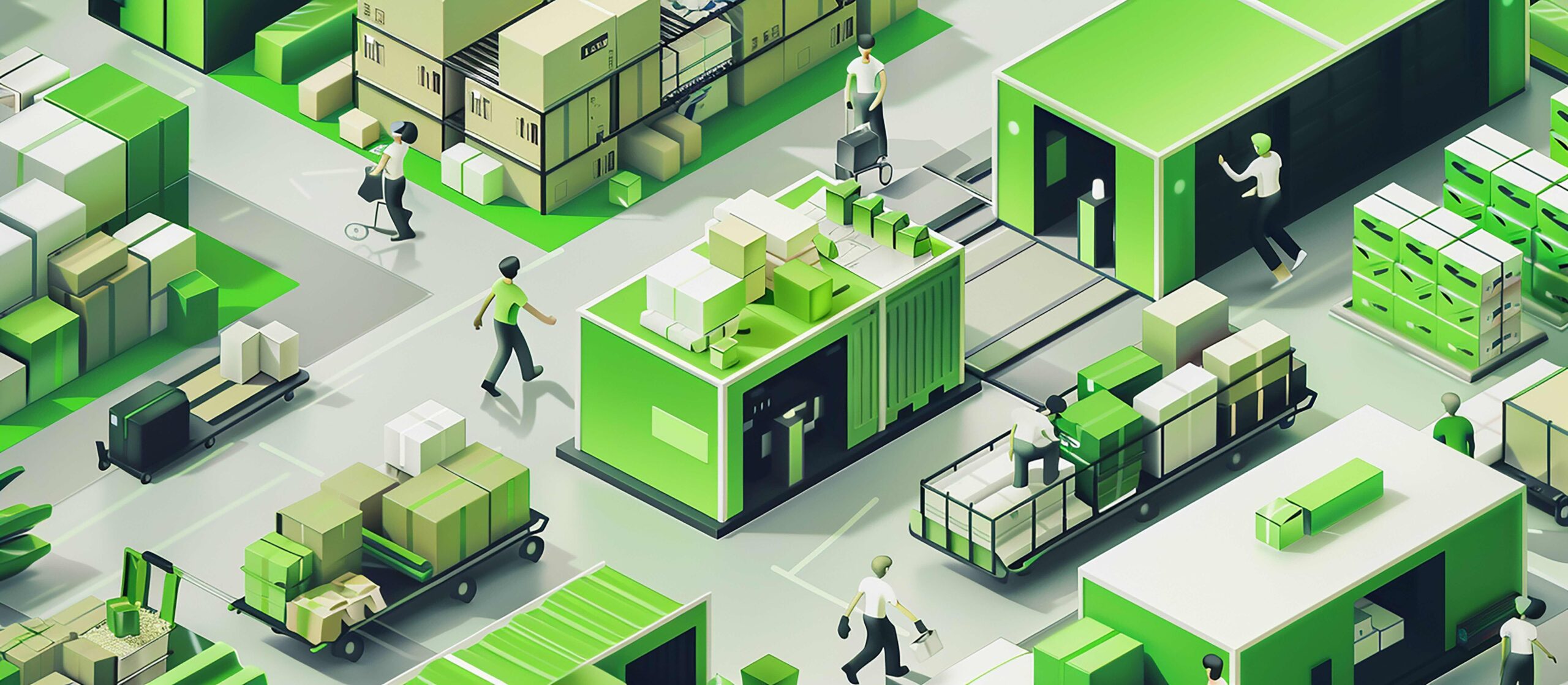
Introduction
Malaysia’s retail landscape is evolving fast. Customers want faster deliveries, greener practices, and more reliable shopping experiences. For businesses, logistics is no longer just about storing goods. It must be eco-conscious, efficient, and adaptable.
Two trends are driving this change: green logistics and micro-warehousing with cross-docking. When compared against the traditional big warehouse model, these approaches are shaping the future of supply chains in Malaysia.
1. Green Logistics for Malaysian Retailers
Sustainability is moving to the center of retail strategy. With ESG reporting and carbon reduction targets on the rise, companies can no longer ignore the impact of their supply chains. According to PwC Malaysia, businesses that integrate sustainability into logistics gain both regulatory readiness and long-term cost efficiency.
Key green practices include:
- Energy-efficient warehouses: Solar panels, LED lighting, and smart cooling systems reduce energy use.
- Optimized delivery routes: AI planning shortens distances, cutting fuel consumption and congestion.
- Eco-friendly fleets: Electric or hybrid vehicles reduce emissions in last-mile delivery.
- Green packaging: Recyclable and biodegradable materials lower plastic waste.
For Malaysian retailers, green logistics does more than improving ESG scores. It builds brand trust with consumers who increasingly prefer sustainable choices.
2. Micro-Warehousing and Cross-Docking vs. Large Warehouses
Large warehouses have long been the backbone of logistics. They offer clear advantages, such as:
- Lower cost per square foot for bulk storage
- Space for heavy or oversized goods like machinery or raw materials
- Long-term stability for companies with steady demand
However, they can also create challenges for retailers with fast-moving products. Managing inventory across a single large site often leads to slower last-mile delivery and higher costs during peak seasons. The World Bank’s Logistics Performance Index 2023 highlights that proximity and efficiency are key drivers of competitiveness in modern supply chains, which is why many businesses are shifting toward smaller, smarter warehouse models.
This is where micro-warehousing and cross-docking offer a better fit:
- Closer to customers: Small urban hubs enable same-day or next-day delivery
- Fewer emissions: Shorter routes reduce carbon impact
- Cross-docking efficiency: Goods flow directly from inbound to outbound vehicles, reducing idle storage
- Scalability: Easy to ramp up during 11.11, Hari Raya, or year-end campaigns
In short, while big warehouses suit stable B2B operations, micro-warehousing and cross-docking better serve fast-moving retail and omnichannel businesses.
3. Combining Green and Flexible Logistics
Green supply chains and micro-warehousing are not competing strategies. They work best together.
Imagine a retailer using:
- Urban micro-hubs powered by renewable energy
- Cross-docking to minimize idle stock
- Eco-delivery fleets for last-mile fulfillment
This approach achieves both sustainability goals and faster customer service. Compared to the traditional large warehouse model, it cuts emissions, reduces costs, and delivers a smoother shopping experience.
Why EFL 3PL?
Not every logistics provider is equipped to deliver on these new demands. EFL 3PL combines green, fast, and flexible logistics solutions designed for Malaysian businesses:
- Prime Location: The Bukit Raja warehouse near Port Klang reduces transit times and costs
- Smart Technology: Real-time dashboards and automated workflows give full visibility
- SME Friendly: Flexible, scalable solutions for both small businesses and large retailers
- Sustainability Focus: Route optimization, efficient warehouse management, and greener practices built in
Conclusion
The future of logistics in Malaysia is not just about storage. Traditional large warehouses remain important for bulk and long-term needs, but for retailers aiming for speed, flexibility, and sustainability, green logistics and micro-warehousing are the way forward.
With its strategic location, advanced systems, and eco-focused solutions, EFL 3PL enables Malaysian businesses to stay competitive by delivering logistics that are green, fast, and flexible.
Get in touch with EFL 3PL today to explore warehouse and logistics solutions tailored to your business needs.



